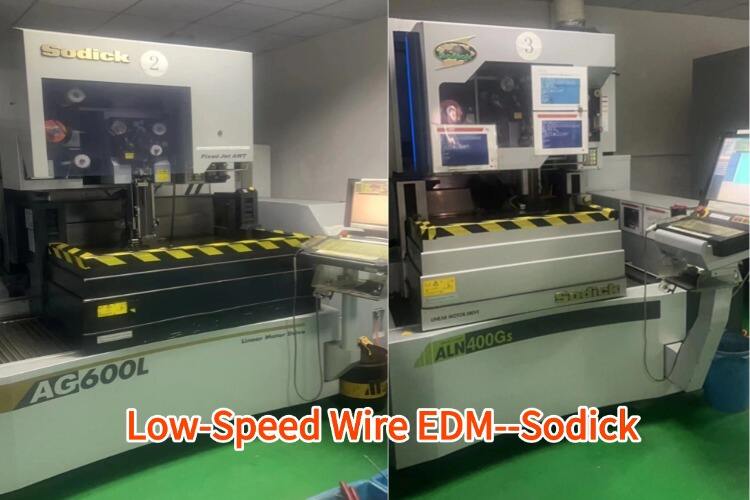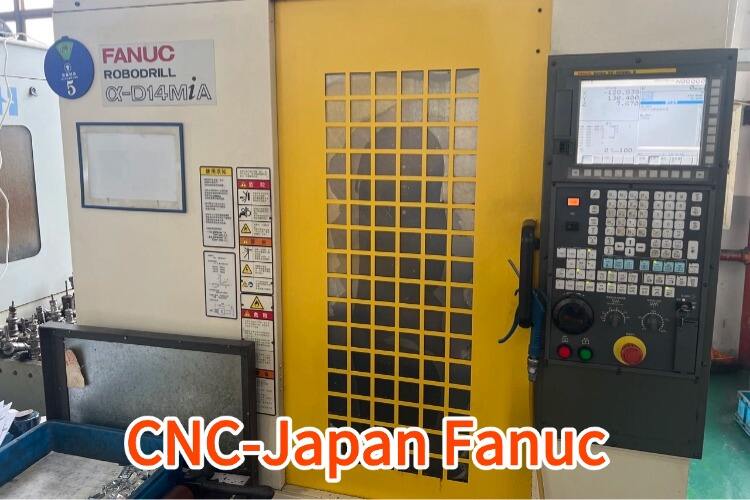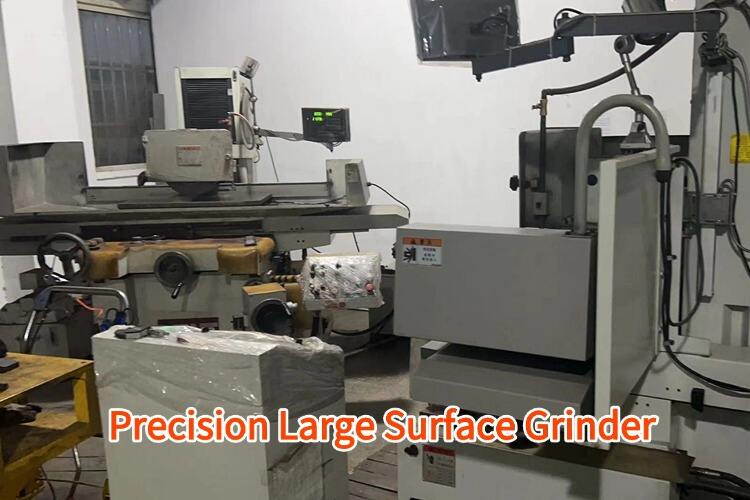custom metal cnc
Custom metal CNC (Computer Numerical Control) represents a cutting-edge manufacturing process that combines precision engineering with digital control systems to create highly accurate metal components. This advanced manufacturing method utilizes sophisticated computer programming to control various cutting tools and machinery, enabling the production of complex metal parts with exceptional accuracy. The technology operates by translating digital designs into precise mechanical movements, allowing for the creation of intricate geometries and patterns that would be impossible to achieve through traditional manufacturing methods. Custom metal CNC machines can perform multiple operations including milling, turning, drilling, and cutting, all while maintaining tight tolerances and consistent quality across production runs. The system's versatility allows it to work with various metals including aluminum, steel, brass, and titanium, making it suitable for diverse industrial applications. One of its key features is the ability to replicate exact specifications repeatedly, ensuring uniformity in mass production while maintaining the flexibility to produce customized, one-off pieces. The technology also incorporates advanced monitoring systems that continuously track tool wear, temperature, and cutting speeds to optimize performance and ensure quality output.


